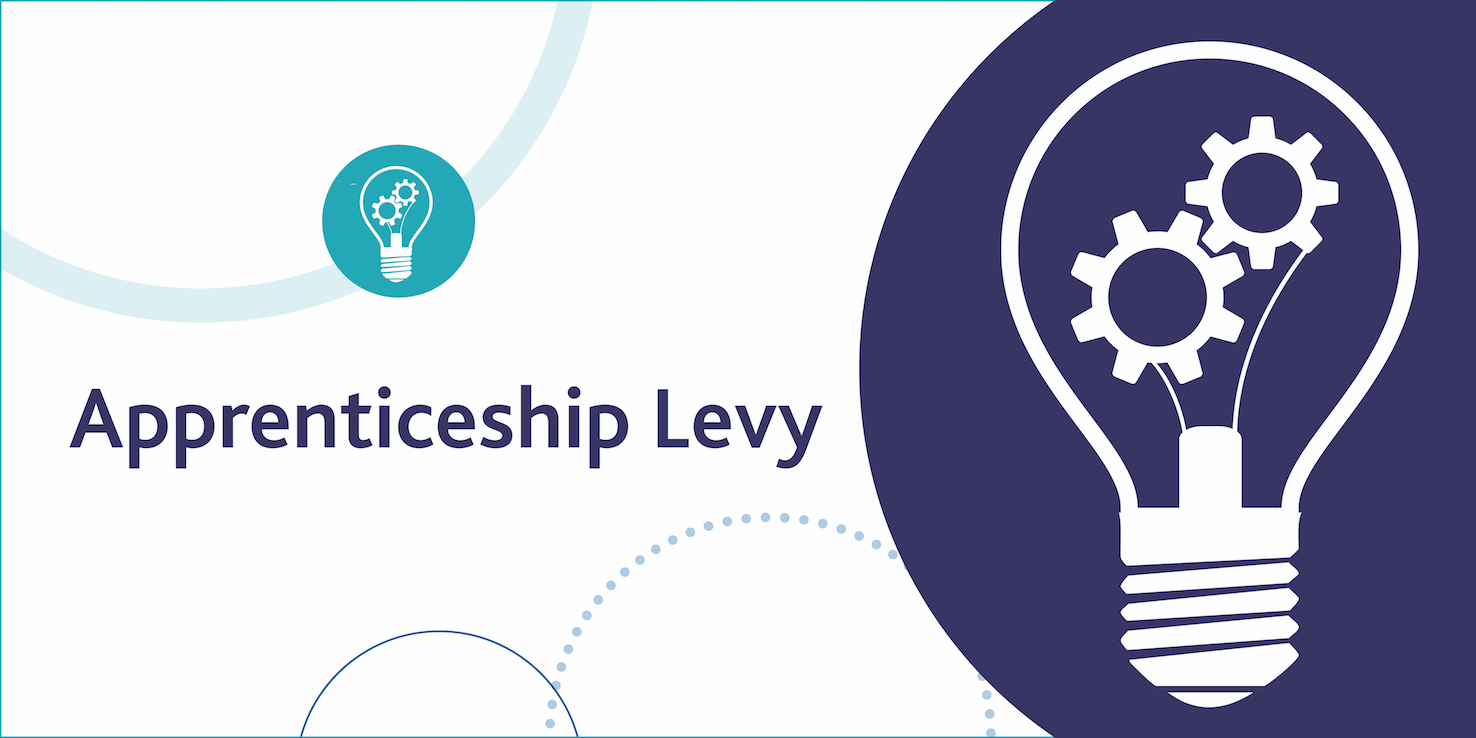Apprenticeships are at the heart of the government’s drive to ensure employees have the skills businesses need to expand and remain competitive in today’s marketplace.
Why apprenticeships?
College and university are necessary for certain roles, but not all. And learning can be much faster ‘on the job’ and so rather than telling someone how you do it, they will gain much more understanding watching someone perform a task and assisting.
On the flipside, we, as employers can gain insight from our apprentices; with them they bring fresh ideas and can question the way things are done, all preventing complacency. In addition, this type of resource can lend a much needed helping hand to ensure we complete work quicker and with more efficiency.
The apprenticeship levy
The apprenticeship levy, affects all businesses with an annual payroll of over £3million (which actually exempts 98% of employers) and the basic PAYE charge is 0.5%.The Government is also introducing a ‘levy allowance’ of £15,000 per year, which will be subtracted from the 0.5 percent total.
All employers, whether they are levy paying or not, will gain financial support from the government when it comes to apprenticeships. The public sector will also pay the levy, but only if their payroll meets the above criteria and moreover, 2.32% of their employees must be apprentices.
There are also additional changes including funding bands, meaning there will be no age, past experience or location stipulations.
Moving forward
Once you’re registered and have paid your levy, you will have access to funding through a digital apprenticeship service account (England only), allowing you to pay government approved training providers. Ultimately, all employers, even those who don’t pay the levy, will have access to the account by 2020.The Government will also pay an additional 10%, meaning that for every £1 paid in, the employer gets £1.10 in total to spend. Organisations have two years to spend this before expiration.
Disadvantaged students
There are special measures in place to support this group:
- £60 million to be invested in training for apprentices from the poorest areas in the country
- Additional funding to employers who take on apprentices from 16-24 who have special needs or were in care
- An extra 20 per cent funding to providers to train 16-18 year olds
For more about the Apprenticeship Levy, see this page on gov.uk.




